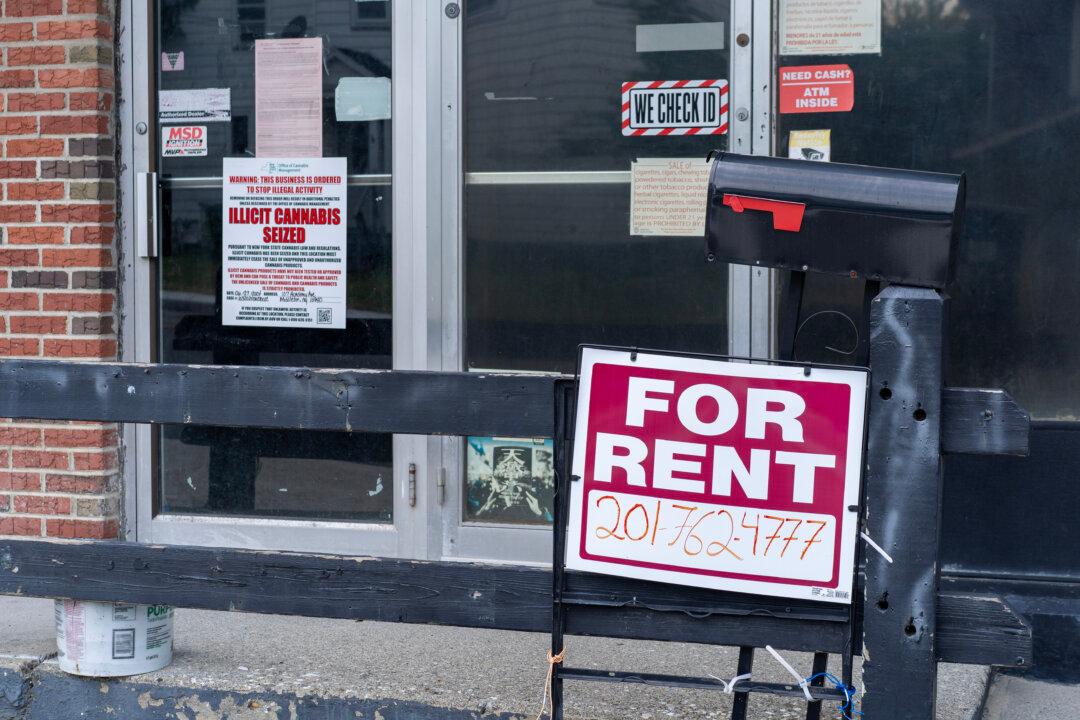Middletown Mayor Joseph DeStefano is happy to see that the state has taken a more aggressive approach to curbing illegal cannabis stores under Gov. Kathy Hochul’s direction.
The renewed state attitude, coupled with proactive local ordinances and municipal police, recently culminated in the largest illicit cannabis sale enforcement the city has seen.





